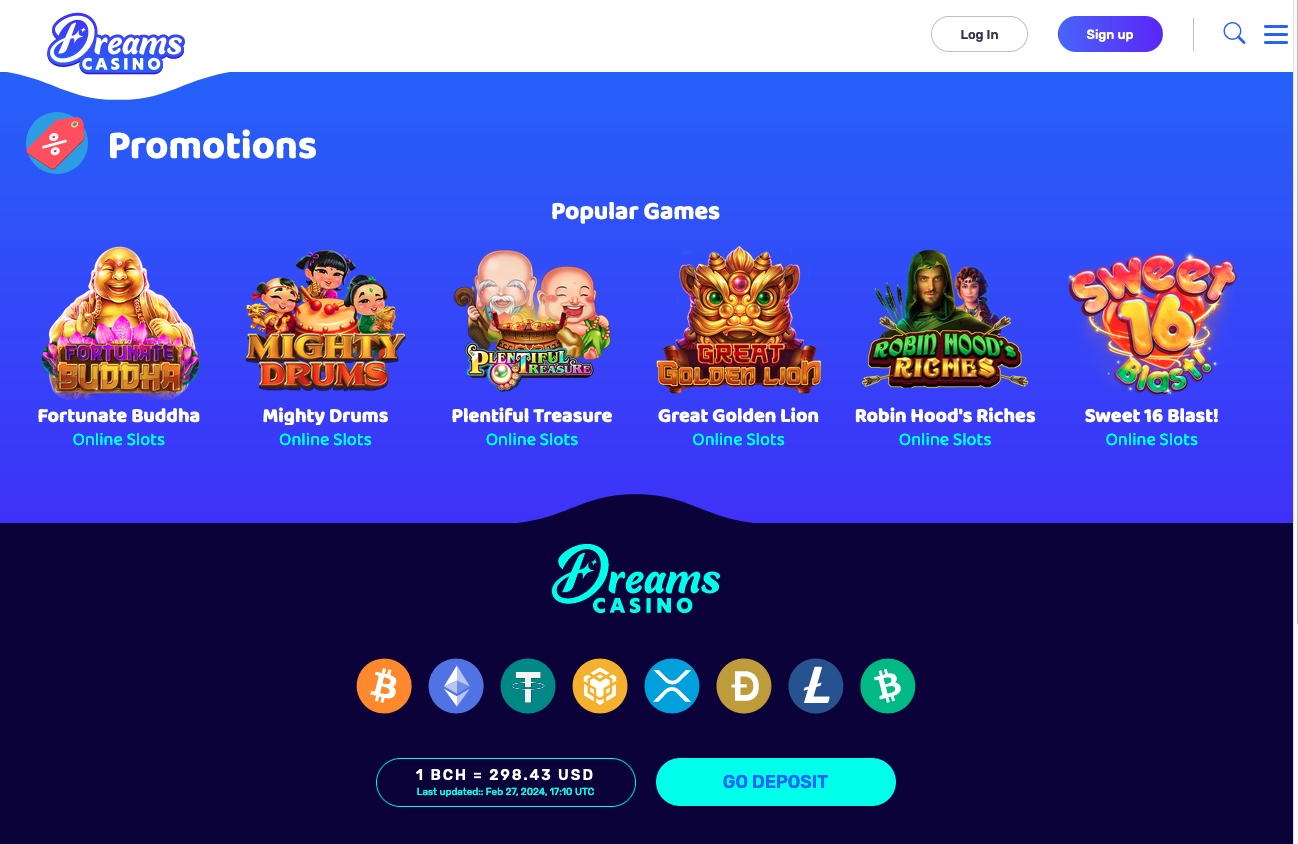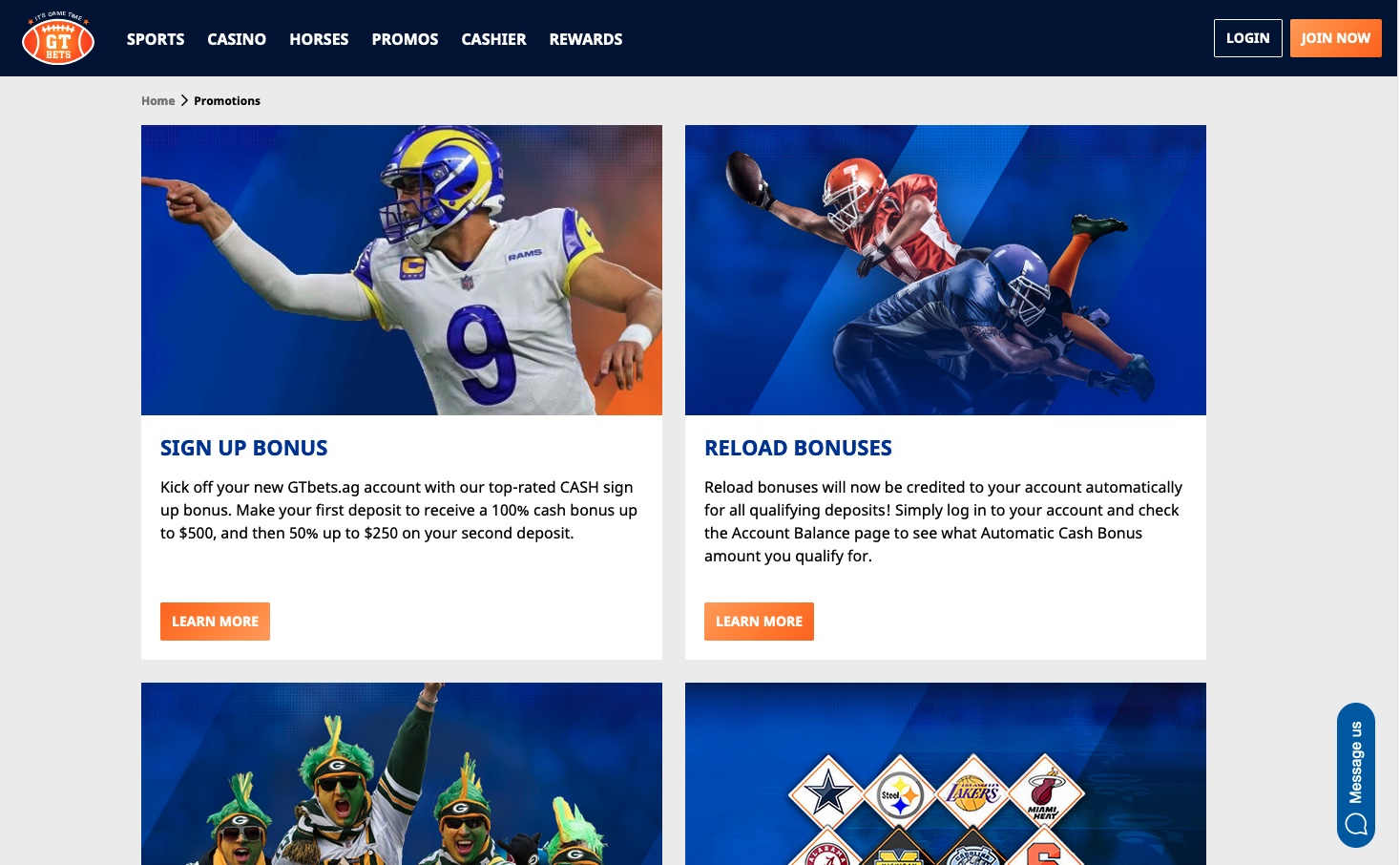Sweepstakes casinos are big business
When I was in my teens, I used to frequent a pool hall in Toronto which also had a video arcade. The pool hall had all the regular new video games at the time like Space Invaders, Galaga and Ms. Pacman, but they also had some simulated gambling games, including a horse racing game, a roulette game and a craps game where one could put in a quarter and play for a few minutes with virtual chips. All those machines had signs which read "for amusement purposes only" on them. Yet despite the signs I found it interesting that while younger people were playing the regular arcade and sometimes the gambling type games for fun, adults would also play the virtual gambling-based games and when they did, the pool hall owner would come and watch.  What I came to learn and what the younger people like myself, and I assume the police, didn’t know was that despite the sign saying the games were for amusement only and the chips in the game were make believe, the pool hall operator was actually taking real bets from those playing the gambling games where each point won or lost was worth $1. And when they left the pool hall, they either paid money to the owner or received money back, often in the form of hundred-dollar bills for their "make believe wagers." In many ways this is the same thing that is happening with sweepstake casinos.
What I came to learn and what the younger people like myself, and I assume the police, didn’t know was that despite the sign saying the games were for amusement only and the chips in the game were make believe, the pool hall operator was actually taking real bets from those playing the gambling games where each point won or lost was worth $1. And when they left the pool hall, they either paid money to the owner or received money back, often in the form of hundred-dollar bills for their "make believe wagers." In many ways this is the same thing that is happening with sweepstake casinos.
Virtual coins and sweeps coins
If one goes on the sweepstake casino sites like Chumba and Stake.us it is made clear that the games are for virtual coins only that have no monetary value. But in reality, it’s a dual system where players can play with coins often called gold coins that have no value or they can purchase credits and receive sweeps coins, which, after exceeding a certain amount, can be exchanged for money or gift cards.
It's the sweeps coin model that has upset many state gambling regulators and the American Gaming Association (AGA), who claim that the sweepstake casinos are circumventing the rules to allow for real money gambling and consequently are breaking the law. Michigan issued a cease-and-desist order against the sweepstake casino companies who have obliged by the order. More recently, Delaware and Ohio issued cease and desist orders as well, although it appears the companies have not complied and are ready to challenge their rulings in court. It is notable that currently there are only a handful of states that have legalized and regulated online casino wagering - Michigan, New Jersey, Pennsylvania and a few others. The vast majority of states have no legal online casino wagering, only sports.
The exact wording from the AGA memo complaining against sweepstake casinos is as follows:
“So-called “Sweepstakes Casinos” offer traditional casino games such as slots, roulette, blackjack, poker, and others, which allow players to ostensibly play for free, or buy virtual currency (often called Gold Coins) to further their gameplay. In addition to the Gold Coins-type virtual currency that can be purchased to fund gameplay, a second type of virtual currency is available: free credits (often called Sweep Coins) that a player will receive as a bonus with the purchase of Gold Coins or through promotions, welcome bonuses, daily log-in rewards, and other activities. Sweep Coins are “free,” single-purpose virtual currency that players exchange for cash or prizes, requiring an investment of time, real money, or both to ‘cash out’. Sweepstakes casinos claim that because they don’t require real money for their gameplay, they are not offering gambling under the letter of the law. However, functionally, sweepstakes casinos look and play like an online casino while using a dual-currency system to avoid licensing and regulation. Sweepstakes Sportsbooks offer “free-to-play sportsbooks” where people can bet on each other’s wagers, or stake bets directly with each other. Many operate with two different types of free “tokens” that can be used to wager, and users can exchange them for real money when won through gameplay. The lack of regulatory oversight presents many risks for consumers as well as the integrity and economic benefits of the legal gaming market through investment and tax contributions. These sweepstakes-based operators have weak (if any) responsible gaming protocols and few, if any, self-exclusion processes. There is no independent product testing to ensure basic fairness to players, and although many claim players must be 18+, age verification procedures, if they exist, are often questionable. The opaque nature of these operations also presents a prime opportunity for illegal activity and enriching bad actors. While both sweepstakes casino and social casino games offer online casino-style games, it’s important to recognize the principal differences that impact the legal and regulatory frameworks under which these two models operate. Unlike sweepstakes casinos, which utilize a dual currency system to offer players the chance to exchange the in-game currency for real money and prize, social casino games are more casual games that resemble gambling style games, but have a closed loop economy where rewards cannot be redeemed for real world currency, used to win prizes, or traded to other players in-games. Social casino games are typically played for entertainment in short time bursts while sweepstakes casinos are often marketed as a gaming experience where players can redeem winnings or earn cash prizes or gifts.”
It should be noted that apps like MyVegas, which is a partnership between Konami and various casinos that offer the ability to exchange virtual tokens for discounted or free rooms with the purchase of one night, 2 for 1 buffets, BOGO meals at Vegas restaurants, discounted show tickets, etc., are not considered as part of the complaint and would fit under the social casino model. Because there is no ability to exchange tokens for real money or for gifts that do not have stipulations attached to them, the legal casinos and AGA seem to have no issue with them according to a source I spoke to.
I interviewed with Sean Topchi, Director of Business Development for Kinectify, who agreed with the stated concerns of the AGA and various governments, but said that the AGA memo was incomplete and failed to mention the biggest threat that sweepstake casinos pose - money laundering. As part of the licensing regimes for legal casinos (land based and online) that companies go through, one of the criteria is that they initiate strict anti money laundering (AML) rules to ensure that nobody is able to use casino winnings as a way to launder money to use for illicit purposes, such as fraud or drug trafficking. Terrorist funding is also a major concern, although those rules are handled differently according to Topchi. Topchi wrote a blog for Kinectify on the topic titled "High Stakes, Low AML Oversight: Sweepstakes Casinos and Other Wagering Models" and he was happy to discuss what he believed was the biggest takeaways from the article, which he said he received a lot of pushback from sweepstake operators.
"I am not going to talk about regulatory compliance but am simply looking at the sweepstakes model where there can be money transmission. And any time there is a movement of money it comes with money laundering risk. That’s not unique to sweepstake casinos. It’s sports betting, it’s digital bank services, it’s land-based casinos. All can be a conduit for money laundering. But those other services all have agreed to follow rules to combat money laundering (where sweepstakes casinos haven’t). And so when we look at it from our lens our thoughts are something like that should be under BSA (bank secrecy act) regulations. And from the view of the federal government, if you read the national money laundering risk assessment which they released I believe in February this year, (although they want to do it more regularly), it’s a risk they’ve identified including skill based games, daily fantasy sports and other things that aren’t duly licensed casinos. And while those products including sweepstake casinos may not be BSA covered institutions under the casino definition, they may actually be money transmitters which is a much broader definition and in fact has much more stringent AML requirements than casinos. So, the way we look at it, we think it’s better for the governments to update the definition of BSA covered institutions to include them. It’s also to their benefit since it’s better to be BSA regulated than facing the risk of being prosecuted as unlicensed money transmitters and eventually be forced to fold under the BSA umbrella for MSBs (money service business) which is a much heavier monitoring requirement. If you look at casinos for example, the threshold for AML requirements is $5,000 but for money transmitters I believe it’s $2,000. So, for their benefit it’s better for them to be identified as a casino than a money transmitter."
I reached out to a couple of sweepstake casinos and received one response saying that they couldn’t talk on the record since the issue is before the courts in many states they operate. One of the sweepstake companies did say off the record, however, that they are not a casino and that the governments only want to shut them down because they are afraid of innovation and they are pandering to the casino operators like MGM and Caesars, which can pay the ridiculous licensing fees and taxes. It’s also clear that sweepstake casino operators are less concerned with states where legal online casino wagering exists, since the sweepstake casino model offers less incentive to those residents who can wager legally online with casinos, than in states where online casinos are not legal and sweepstakes are the only option. This is particularly true in the states where no form of legal online gambling, sports or casino exists at all. As of right now the only states where sweepstake casinos are specifically illegal are Washington and Idaho, although they also won’t accept customers from Michigan or Montana or from the province of Quebec.
Virtual Gaming World (VGW), founded by Australian Laurence Escalante, is the largest sweepstake casino operator with over 90% of the market, primarily with their Chumba brand, according to Eilers & Krajicek, with global revenues of over $3 billion in 2022, although Stakes.us has a very large market share in the United States.  I asked someone at iGaming Ontario if sweepstake casinos are legal in the province and the response was "any company can apply for an Ontario license which is the preferred method." It was thus fascinating that when looking at Stake.us in Ontario, bettors are met with the following message:
I asked someone at iGaming Ontario if sweepstake casinos are legal in the province and the response was "any company can apply for an Ontario license which is the preferred method." It was thus fascinating that when looking at Stake.us in Ontario, bettors are met with the following message:
Notice to Customers Located in Ontario
Due to a change in local regulation, Stake.com is unable to accept bets, deposits or registrations from people who are located in Ontario. However, if you have funds or any unclaimed bonuses on your account you can continue to withdraw as usual.
Stake will never hold, freeze or confiscate your funds or unclaimed bonuses.
Going forward, Stake will be available for customers located in Ontario at Stake.ca - Our new fully licensed platform for Ontarian customers.
So, it appears that Stake has followed the advice of iGaming Ontario and has decided to opt for an Ontario regulated site instead, which it notes is coming in 2024 and abandon the sweepstakes model. Talking with someone at the New Jersey Division of Gaming Enforcement (NJDGE), they also said they are encouraging sweepstake operators to pursue a licensed New Jersey model instead (which would mean partnering with a current land-based casino or racetrack) although there is no indication any of the companies are prepared to go that route.
Are sweepstake casinos legal?
Maybe or maybe not depending on who you ask and which state or province you are discussing. But there is no question they are quite lucrative and growing and the AGA and many state gambling regulators want them to either shut down or to obtain a license to operate and agree to all the same rules that other casinos follow, including guidelines surrounding fairness, problem gambling and AML rules. But until that happens, the industry will continue to grow and sweepstake operators have the money to hire the best lawyers to ensure that continues.
Read insights from Hartley Henderson every week here at OSGA and check out Hartley's RUMOR MILL!







































